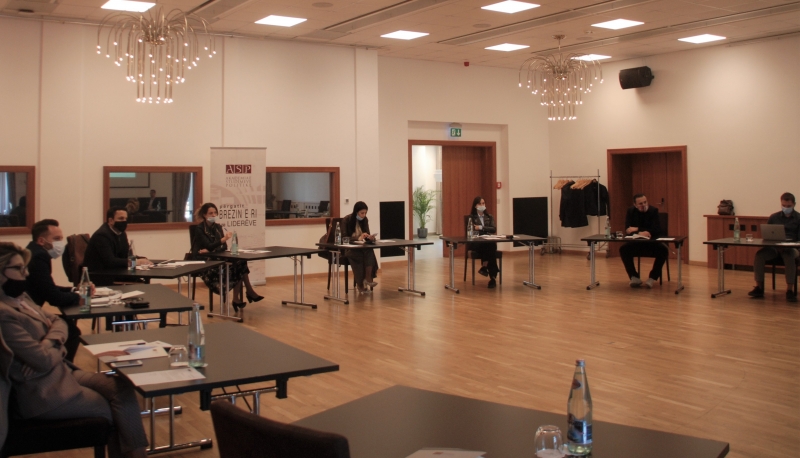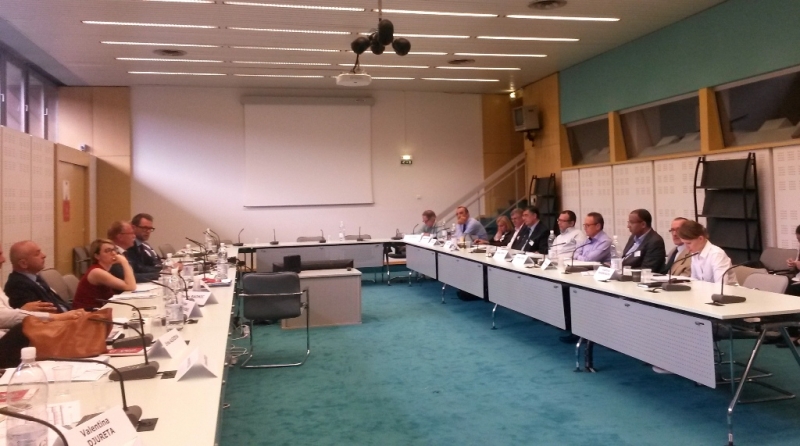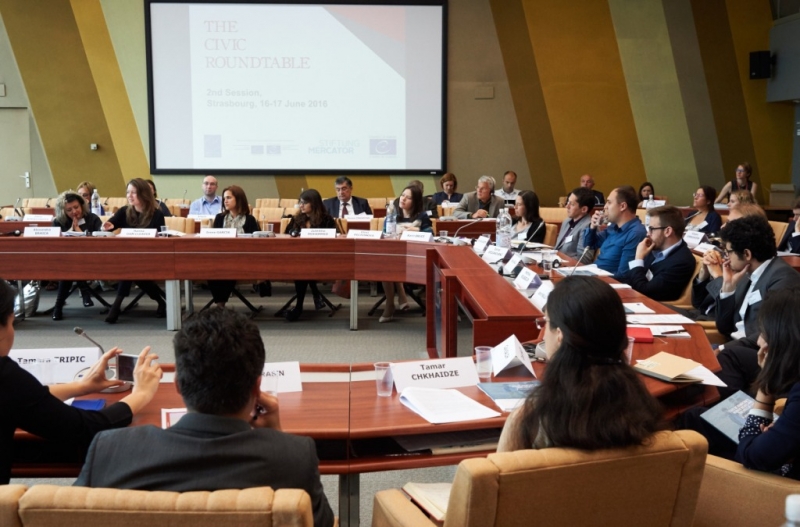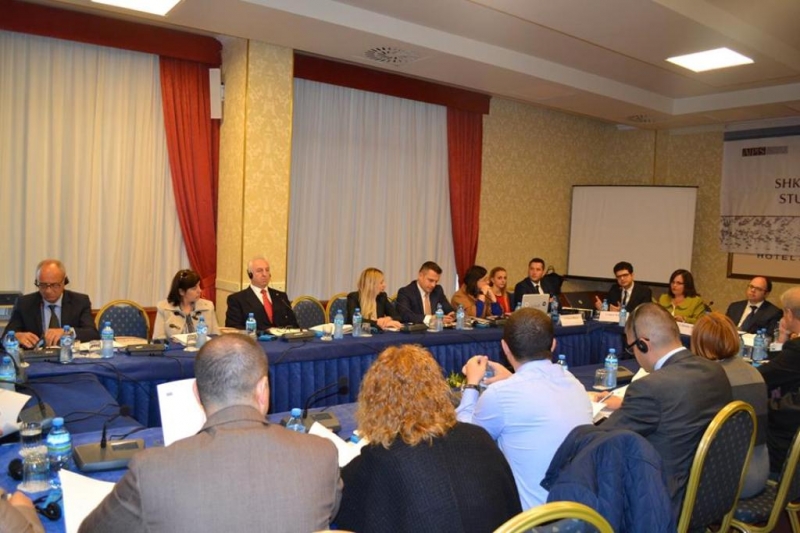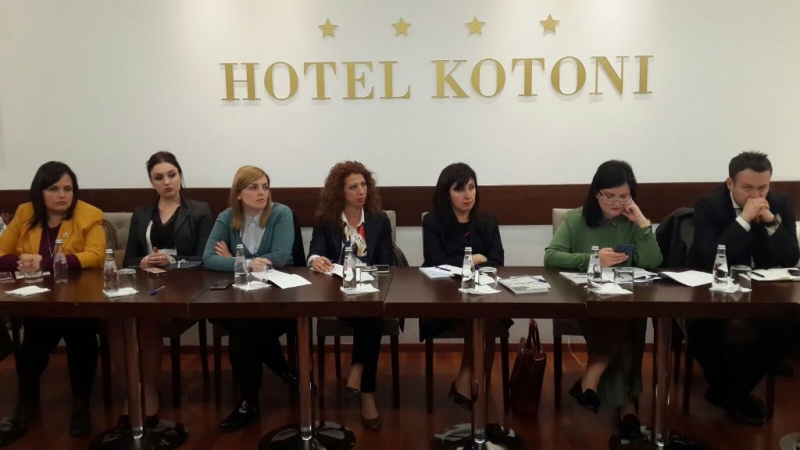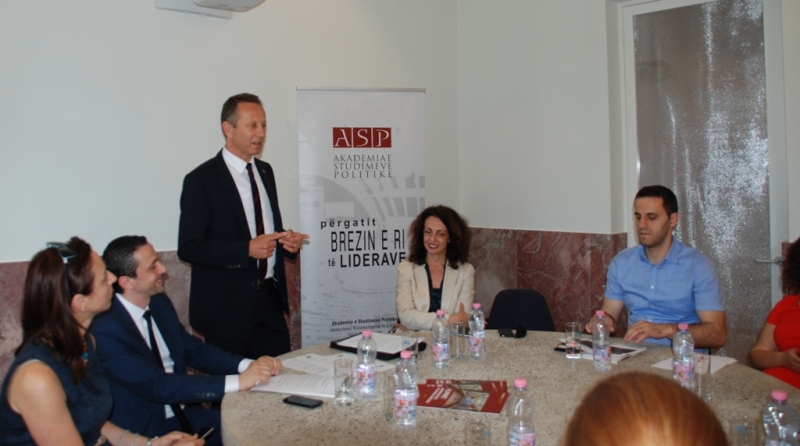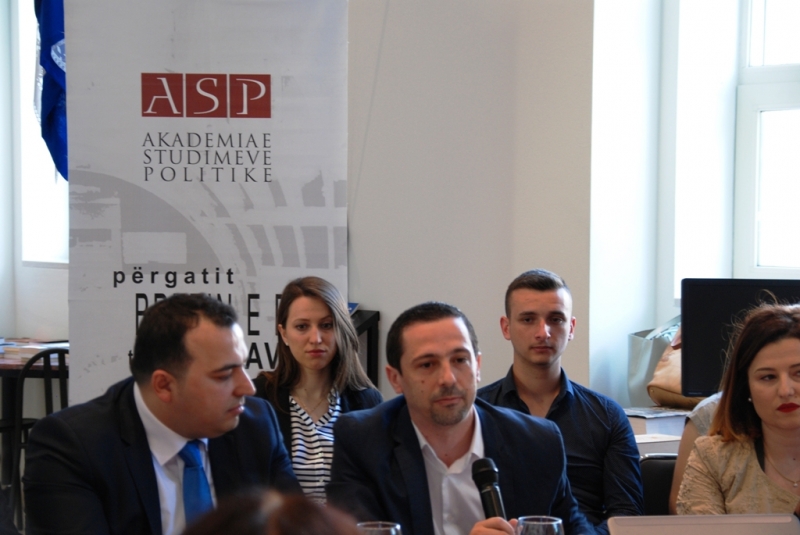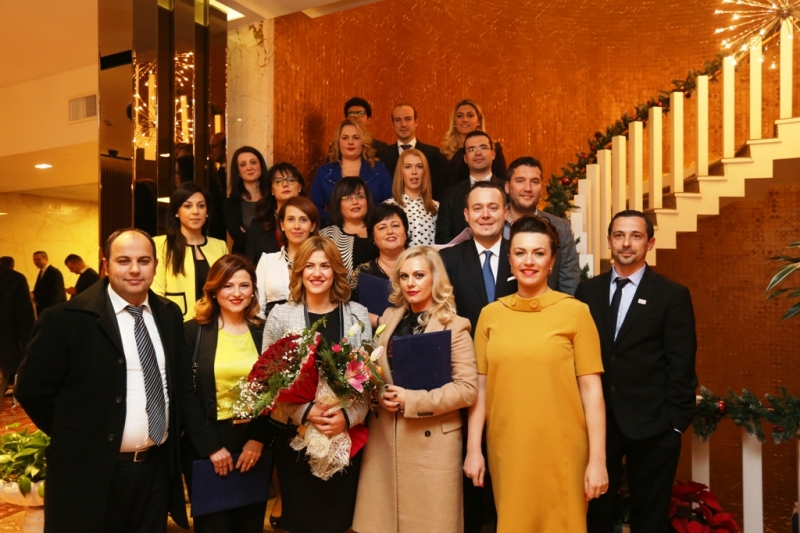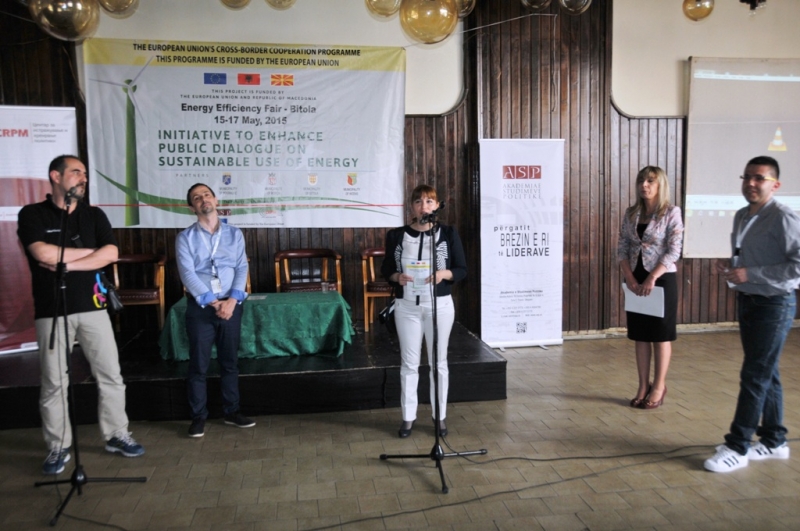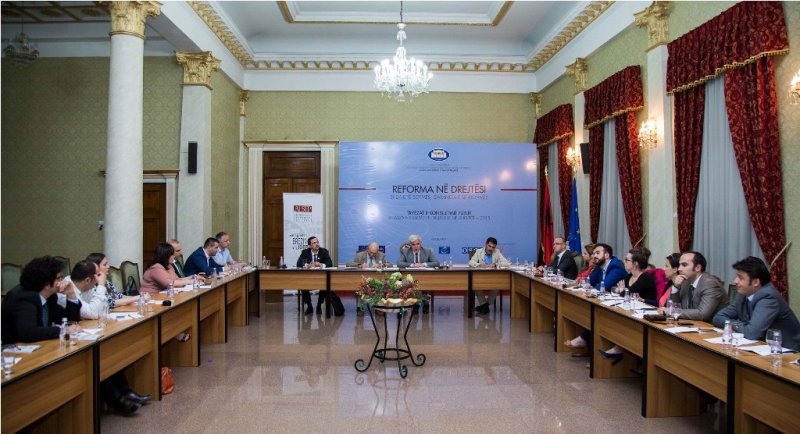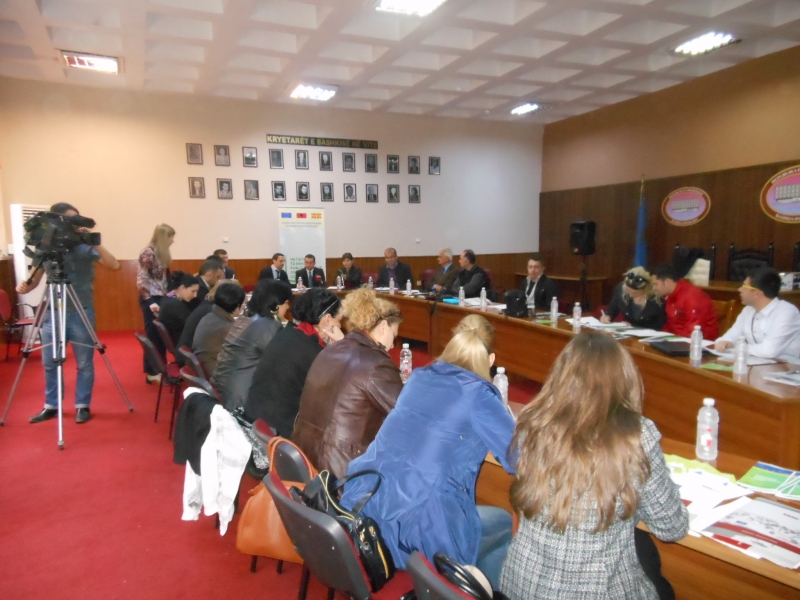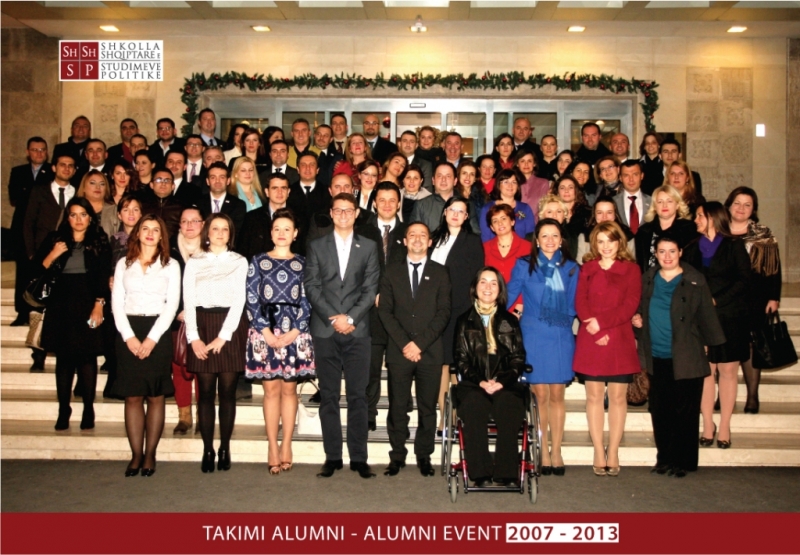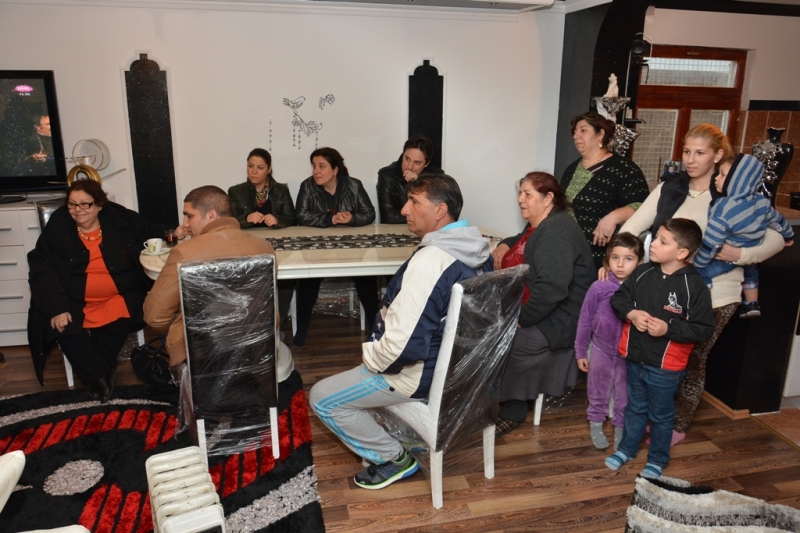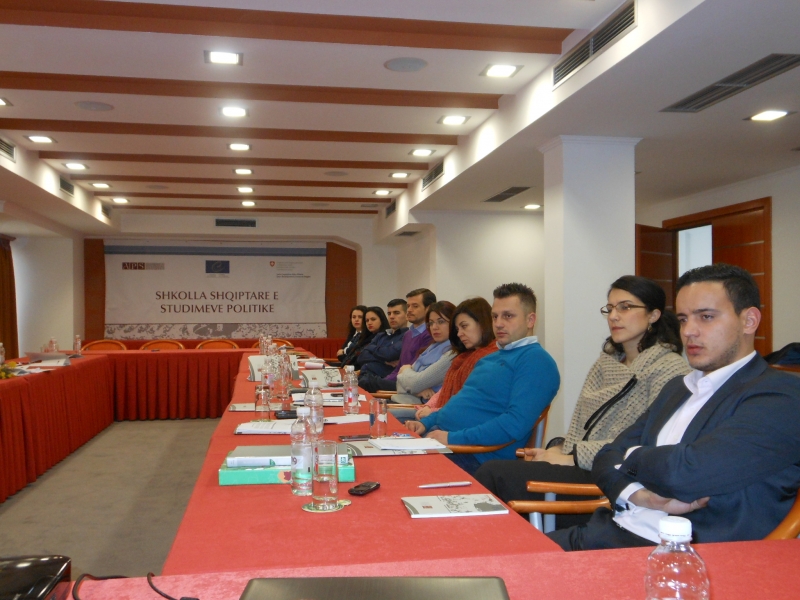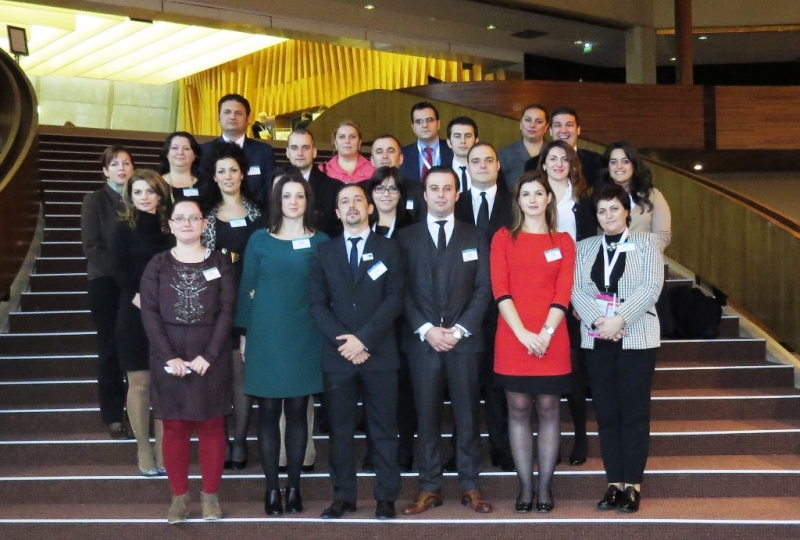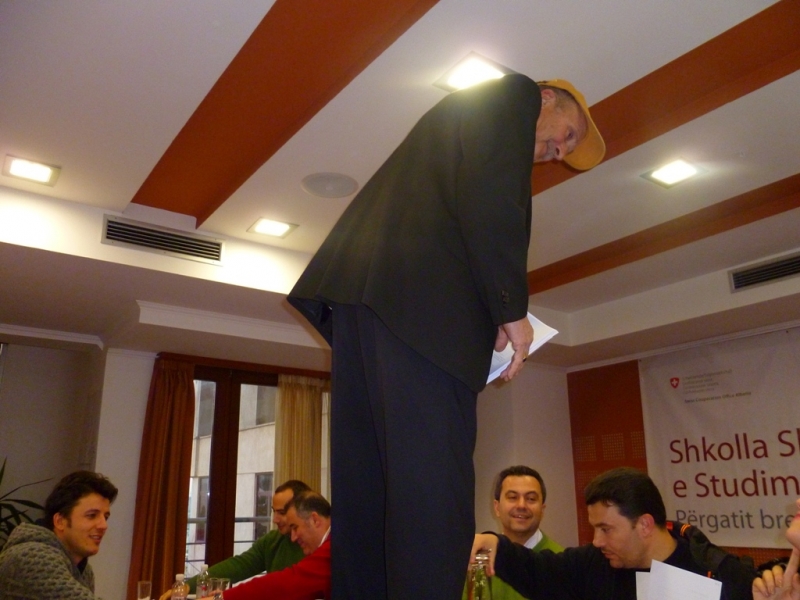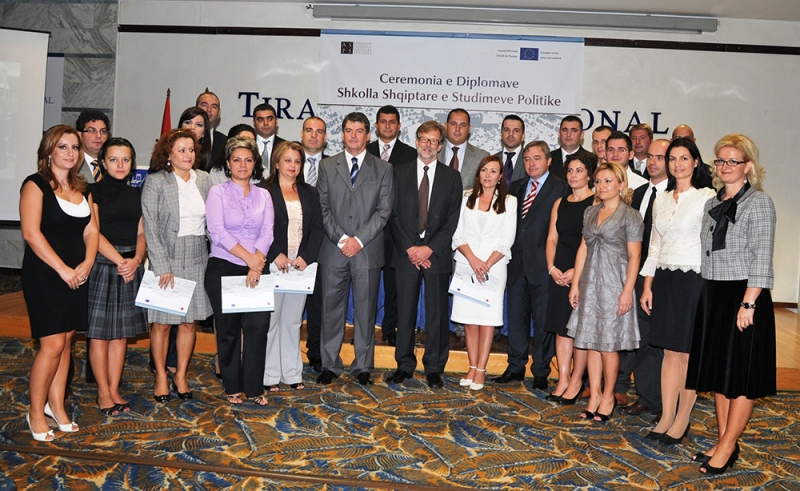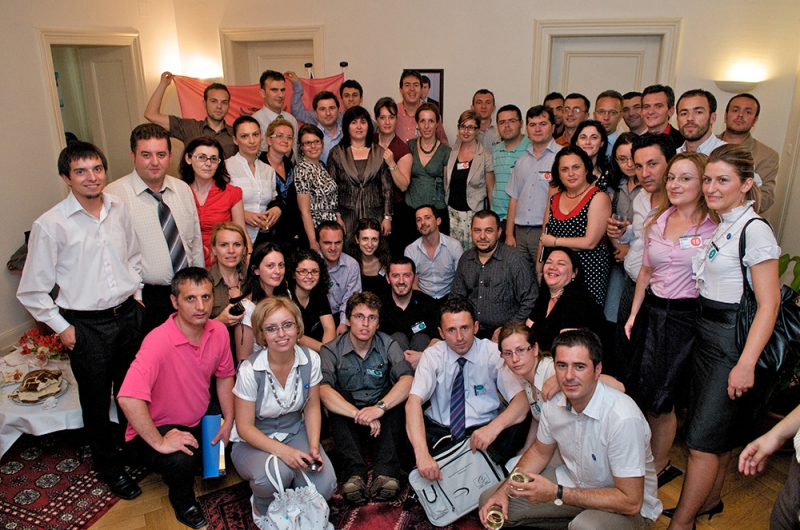Friday, June 29, 2012
 On 29-30 June, the ASPS organized in co-operation with the Training Institute of Public Administration (TIPA) its fourth training courses for representatives of Local Government Units (LGUs) of Albania. The course was held in Durrës and was attended by 20 local elected representatives and members of municipal administrations from Tirana, Durrës, Lezha, Kamza, Burrel, Vau i Dejës, Përmet, Berat, Kavaja, Shijak, Lushnja, Himara.
On 29-30 June, the ASPS organized in co-operation with the Training Institute of Public Administration (TIPA) its fourth training courses for representatives of Local Government Units (LGUs) of Albania. The course was held in Durrës and was attended by 20 local elected representatives and members of municipal administrations from Tirana, Durrës, Lezha, Kamza, Burrel, Vau i Dejës, Përmet, Berat, Kavaja, Shijak, Lushnja, Himara.
The core of the first module of the course “Sustainable development and territory management” the participants were shown best practices and methodologies for planning a regional development strategy. The trainer Mr. Ismail Beka, shared the experience of GIZ in developing tourism strategies in rural areas (such as guest houses in north part of the country) and projects for the local efficiency use of energy.
The second module “Inter-Municipal Cooperation” offered the participants the opportunity to discuss issues related to co-operation between local government units. IMC best practices such as the landfills of Bushat in Shkodra region and Maliq in Korça region were presented from Mrs. Alba Dakoli Wilson, executive director of FLAG.
The third session “LGU role and competence in the Strategic Development Plans” introduced the participants with examples of European experience in this process, presented by Ms. Albana Dhimitri, executive director of “Institute of Public and Private Policies”. Two other sessions had as their central topic the process of local strategic development planning. The experts Ms. Vasilika Vjero and Ms. Ogerta Manastirliu, presented an overview of the Instruments for harmonization of the national and local strategies of development.
Upon the completion of the course, participants were awarded course certificates, issued jointly by the Academy of Political Studies and the Training Institute of Public Administration. The participants received also the CoE guidelines and toolkit for IMC, prepared in framework of the project “Reinforcing Local and Regional Government Structures in Albania”, with the support of Swiss Cooperation Office in Albania.














